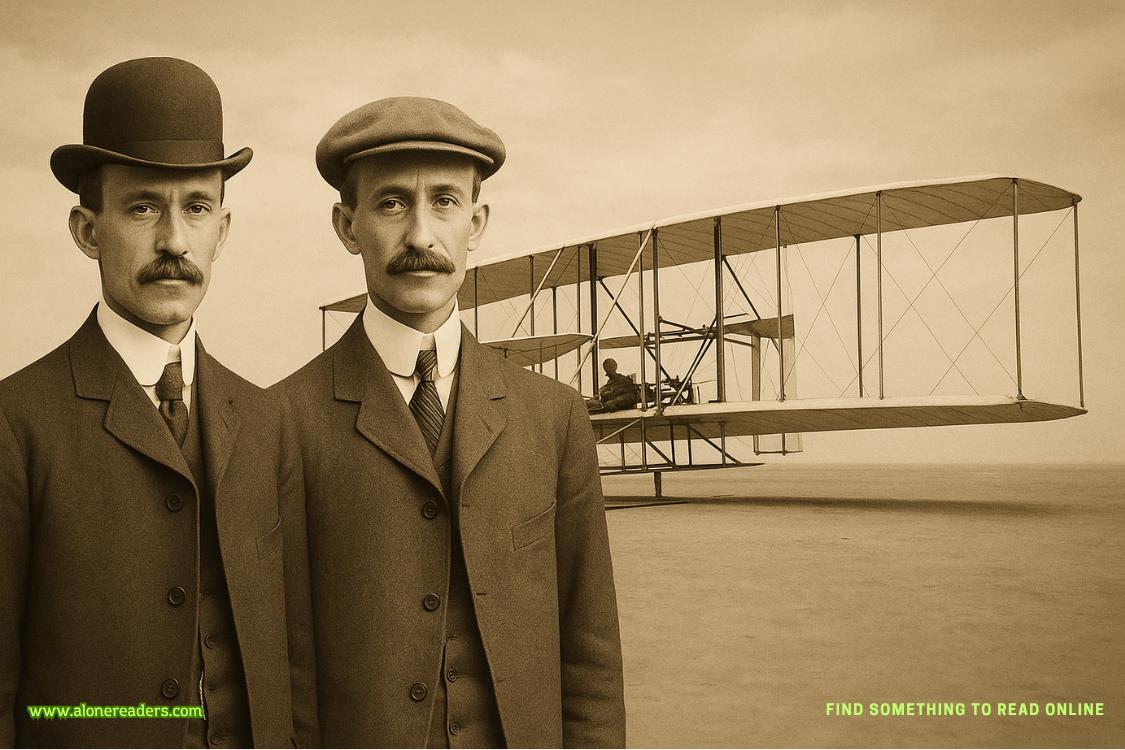Page 36 of The Last Days of Marilyn Monroe
Success came to me in a rush. It surprised my employers much more than it did me,Marilyn thinks, as she smiles for the cameras that now seem to follow her everywhere she goes.I knew what I had known all those years ago when I was thirteen walking along the sea edge in a bathing suit for the first time. I knew I belonged to the public and to the world, not because I was talented or even beautiful, but because I had never belonged to anything or anyone else. The public was the only family, the only Prince Charming, and the only home I had ever dreamed of.
CHAPTER 26
A FEW DAYS BEFORE a 1951 Major League Baseball charity exhibition game against the minor league “Hollywood Stars,” Marilyn’s press agent Dave March sent her to take publicity shots with members of the Chicago White Sox at their training camp in Pasadena. She wore heels, a short-sleeved sweater, and a tiny pair of white shorts, posing with players and twirling a bat.
“How come I never get to pose with beautiful girls like that?” Joe DiMaggio jokes with Sox player Gus Zernial after seeing the photos. The “Yankee Clipper” wants the name of the person who set up the photo shoot, then contacts press agent March to set up a new assignment: arrange a dinner date.
It takes a while. Marilyn’s not interested.
“Don’t you know who he is?” her friend Sid Skolsky pressures her.
She really doesn’t. She only knows he’s some sort of athlete. “He’s a football or a baseball player,” she guesses.
“DiMaggio is one of the greatest names that was ever in baseball. He’s still the idol of millions of fans!” she’s told.
She remains unmoved. “I don’t care to meet him.”
“Why not?”
“I don’t like the way athletes dress, for one thing,” she says. “I don’t like men in loud clothes, with checked suits and big muscles and pink ties.”
After much persuasion, she finally agrees to a group dinner on March 8, at Villa Nova, an Italian restaurant on Sunset Boulevard.
It’s a small but popular spot, not too far from the studio soundstages, and is owned by former actor Allen Dale with backing from Charlie Chaplin and director Vincente Minelli.
Marilyn’s late.
“She is always late,” March laughs nervously, leaping from his seat when he spots a flash of platinum blond by the door.
“It’s not really me who’s late,” Marilyn says. “It’s the others who are in such a hurry.”
Joe DiMaggio smiles in appreciation of her humor, revealing a mouth full of crooked teeth. With his lanky frame and sharp-featured face, DiMaggio is not a conventionally good-looking man. He’s “a reserved gentleman in a gray suit, with a gray tie and a sprinkle of gray in his hair,” far from the loud and flashy jock Marilyn expected.If I hadn’t been told he was some sort of ball player, I would have guessed he was either a steel magnate or a congressman.
Though they sit next to one another at dinner, DiMaggio doesn’t say much, doesn’t meet her gaze. As a naturally shyperson herself, Marilyn recognizes that by being quiet and enigmatic, he is beating her at her own game.You learn to be silent and smiling like that from having millions of people look at you with love and excitement while you stand alone getting ready to do something,she thinks.
What’s most surprising to her is the effect he’s having on all the men at the table.
“The other men talked and threw their personalities around. Mr. DiMaggio just sat there,” she says later. “Yet somehow he was the most exciting man at the table. The excitement was in his eyes. They were sharp and alert.
“Then I became aware of something odd. The men at the table weren’t showing off for me or telling their stories for my attention. It was Mr. DiMaggio they were wooing. This was a novelty. No woman had ever put me so much in the shade before.”
This is a fascinating phenomenon, but as dinner winds down, Marilyn makes her excuses. She has an early call time on set.
DiMaggio asks for a lift back to Ivar Avenue, where he’s staying at the Hollywood Knickerbocker. As Marilyn slows her car near the hotel, she realizes with a pang of regret that her first date with Joe DiMaggio may also be her last.
Until the New York Yankee, who boasted a career batting average of .325, hitting 361 home runs against just 369 strikeouts, steps up.
“I don’t feel like turning in,” he says. “Would you mind driving around a little while?”
“It’s a lovely night for a drive,” Marilyn agrees. For the nextthree hours, they drive and slowly begin to get to know one another.
“I saw your picture,” DiMaggio tells her.
“Which movie was it?”
“It wasn’t a movie,” he says. “It was a photograph of you on the sports page.”
She knows the one he means. “I imagine you must have had your picture taken doing publicity stunts like that a thousand times,” Marilyn says.















